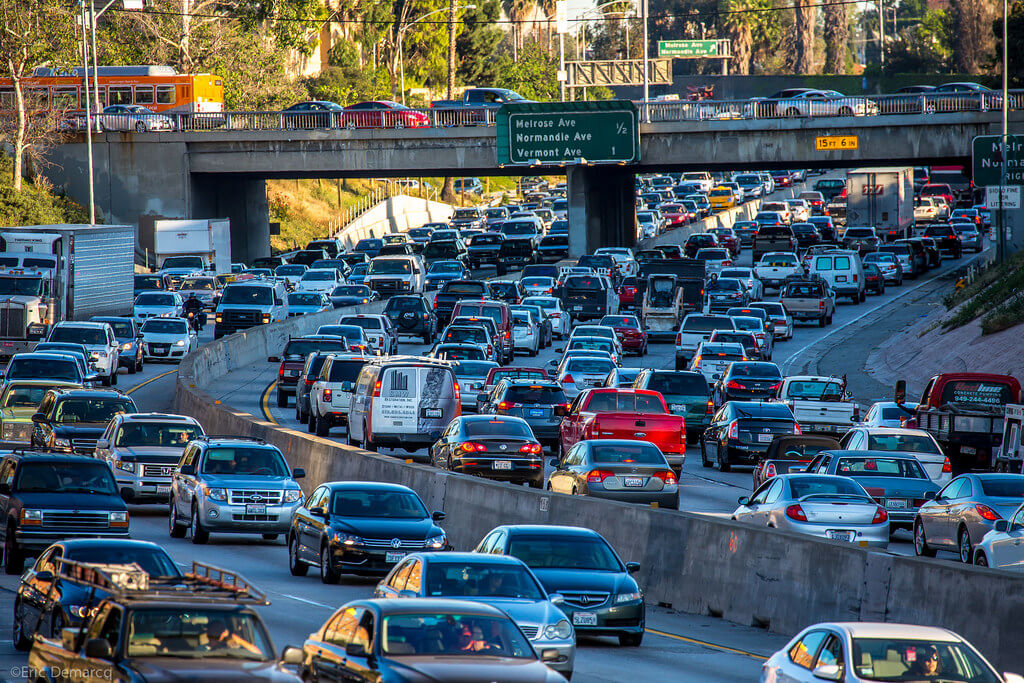
[ad_1]
BERLIN — Volkswagen faced a barrage of criticism from campaigners after the head of its Chinese business said he saw no sign of forced labor during a visit to the automaker’s Xinjiang plant.
Activists and an international group of lawmakers said verifying labor standards in the region was impossible.
Rights groups have documented human rights abuses in Xinjiang since the 2000s, including mass forced labor in detention camps which the U.N. said could constitute crimes against humanity.
China has denied any abuses in Xinjiang.
VW‘s China chief Ralf Brandstätter spent 1-1/2 days between Feb. 16 and Feb. 17 touring the German group’s facility in the region, which is part of a joint venture with China’s SAIC, along with VW’s compliance and external relations chiefs in China.
Brandstätter said he saw no signs of forced labor and that workers’ comments matched the reports VW had received from SAIC about the plant.
“I can talk to people and draw my conclusions. I can try and verify the facts, and that is what I did. I did not find any contradictions,” he said, adding it was his first visit but not his last.
But Luke de Pulford of the Inter-Parliamentary Alliance on China, a group of legislators from thirty democratic countries including Britain, Germany, and the U.S., said human rights organizations felt labor standards could not be verified in the region because members of the Uyghur minority could not speak freely without fearing for their safety.
Campaigners at the World Uyghur Congress in Germany and researchers from Sheffield Hallam University, who authored a report on the auto industry supply chain’s links to Xinjiang, said the visit to the region and conversations with workers were likely planned and coordinated with authorities.
Brandstätter said he spoke at length to seven workers individually – including Han Chinese, Uyghurs and Kazakhs – some through a translator of VW’s choice and some in English, and held shorter discussions with other workers on his tour, which he said occurred without government supervision.
In a statement, a VW works council spokesperson said the automaker must make clear what value the plant has for the business and take an active stand against human rights violations in China.
The plant, which previously assembled the Santana, has seen 65 percent staff cuts since the pandemic and only conducts final quality checks and installation of certain features before handing over vehicles to dealers for sale in the region.
Planned output for this year is 10,000, a fraction of the 50,000 targeted when it first opened.
[ad_2]
Source link




